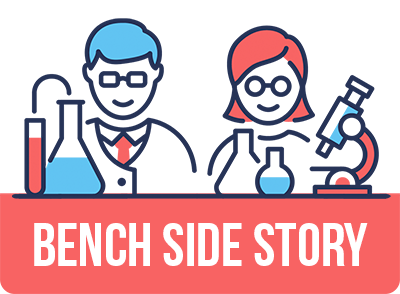RESEARCHER PROFILE
Huiwen Pang, PhD candidate (Filmed Nov 2023)
Australian Institute for Bioengineering and Nanotechnology
University of Queensland
Australia
Huiwen Pang is a 3rd year PhD candidate in the Australian Institute for Bioengineering and Nanotechnology, University of Queensland, focusing on biomedical health research. Prior to commencing his PhD, Huiwen studied animal genetics in his Masters degree at Huazhong Agriculture University in China.
People with diabetes, especially Type 1 diabetes, largely rely on the insulin injections or insulin pumps to control their high blood glucose levels, which is painful and has a high risk of infections.
Huiwen Pang is conducting research on nano-based drug formulations for Type 1 diabetes treatment, with a focus on using nanomaterials to load insulin for oral administration and employing anti-apoptotic and anti-inflammatory approaches to mitigate damage to beta cells.
The treatment and prevention of Type 1 diabetes remain largely unknown due to the autoimmune system’s attack on the pancreas and beta cells. Huiwen’s research focuses on nano based drug formulations for Type 1 diabetes treatment due to unknown triggering mechanism of autoimmune system attacking pancreas.
Huiwen Pang’s goal to make his own mark in the field of biomedical health is driven by inspiration from distinguished scholars and their research outcomes. Huiwen is also driven by having meaningful impact on people’s health, inspired by the challenges faced by patients with diabetes, including his own grandfather.
Huiwen enjoys hiking each weekend in Brisbane and the surrounding areas, taking in the mountains and the lakes which give he finds relaxing.
You Might also like
-
Anne O’Neill
STATE GOVERNMENT SUPPORTING MEDICAL RESEARCH
@ NSW HEALTH, NEW SOUTH WALES AUSTRALIA -
Health impacts of donor milk for pre-term babies
Professor Alice Rumbold is Theme Leader of SAHMRI Women and Kids, managing a multidisciplinary research team focussed on improving health outcomes for women, babies and families. She also holds an affiliate position as a Research Leader within the Robinson Research Institute at the University of Adelaide.
An epidemiologist and health services researcher, she is internationally renowned for her leadership of large-scale clinical trials, epidemiological studies and systematic review activities to improve perinatal and reproductive health care. She is passionate about improving health outcomes for women and babies, particularly those experiencing vulnerability. Her current research interests include preterm birth, breastfeeding, human milk banking and infertility
-
Big data to improve the use of antidepressant medicines in aged care
Georgina Hughes is a pharmacist & PhD Candidate with the University of South Australia Clinical and Health Sciences and the Registry of Senior Australians (ROSA), undertaking research at South Australian Health and Medical Research Institute (SAHMRI).
Georgina’s PhD study and first published paper was on how to improve the safe and effective use of antidepressant medicines and optimise quality use of medicines in older people accessing residential aged care.



